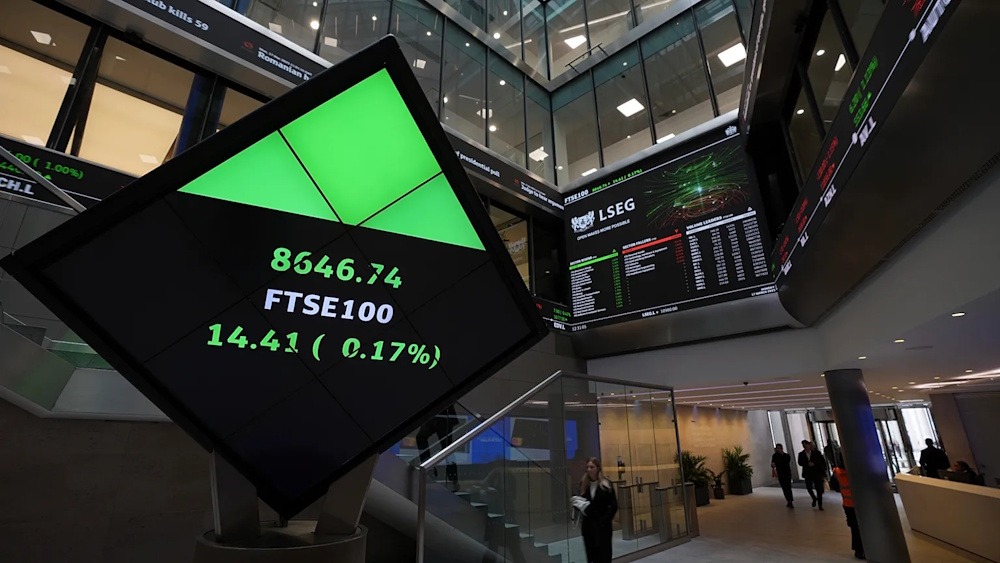
FTSE 100 experienced a decline on Monday as investors paused following last week’s rally that propelled the index to unprecedented levels. Additionally, the drop in shares of packaging company Mondi, following its quarterly results, contributed to the downward pressure. The blue-chip index briefly crossed 9,500 for the first time on Monday, marking its fifth consecutive session of record highs, before reversing course. It was last recorded at 9,482.86 points, reflecting a decrease of 0.1%.
The industrials sector experienced a decline of 3.9%. Mondi opens new tab slumped 15.4%, hitting a 12-year low, after the packaging company reported that growth in its core profit slowed for the third quarter due to weak demand and lower prices. Investors throughout the UK and European Union reacted with concern to the unforeseen resignation of France’s newly appointed prime minister, Sebastian Lecornu, along with his government on Monday, shortly after he revealed his cabinet composition. This resulted in the government being the shortest-lived in modern French history. British banks lost 0.6%. “The resignation of the French Prime Minister heightens apprehensions regarding political and fiscal stability, with implications extending to the UK and Europe,” stated Fiona Cincotta.
“The anxiety regarding the fiscal outlook is frequently mirrored in the performance of banking stocks.” Meanwhile, Citigroup has implemented a double downgrade of UK equities, adjusting its rating from “overweight” to “underweight.” The market’s exposure to defensive sectors, including consumer staples and utilities, has rendered it less appealing in an environment that increasingly favors cyclical and growth-oriented investments. Conversely, energy stocks gained 1.4%, reflecting an increase in crude prices.
Healthcare stocks were up 0.1%. The sector contributed significantly to the FTSE 100 last week, achieving its most impressive weekly performance since October 2008. The beleaguered sector experienced a resurgence in investor interest following an agreement between the U.S. administration and pharmaceutical behemoth Pfizer, which alleviated certain uncertainties surrounding the industry. Among other stocks, Aston Martin declined 6.5% after the luxury carmaker warned of a deepening annual loss due to weaker-than-expected demand in North America and Asia Pacific and the impact of U.S. tariffs.
